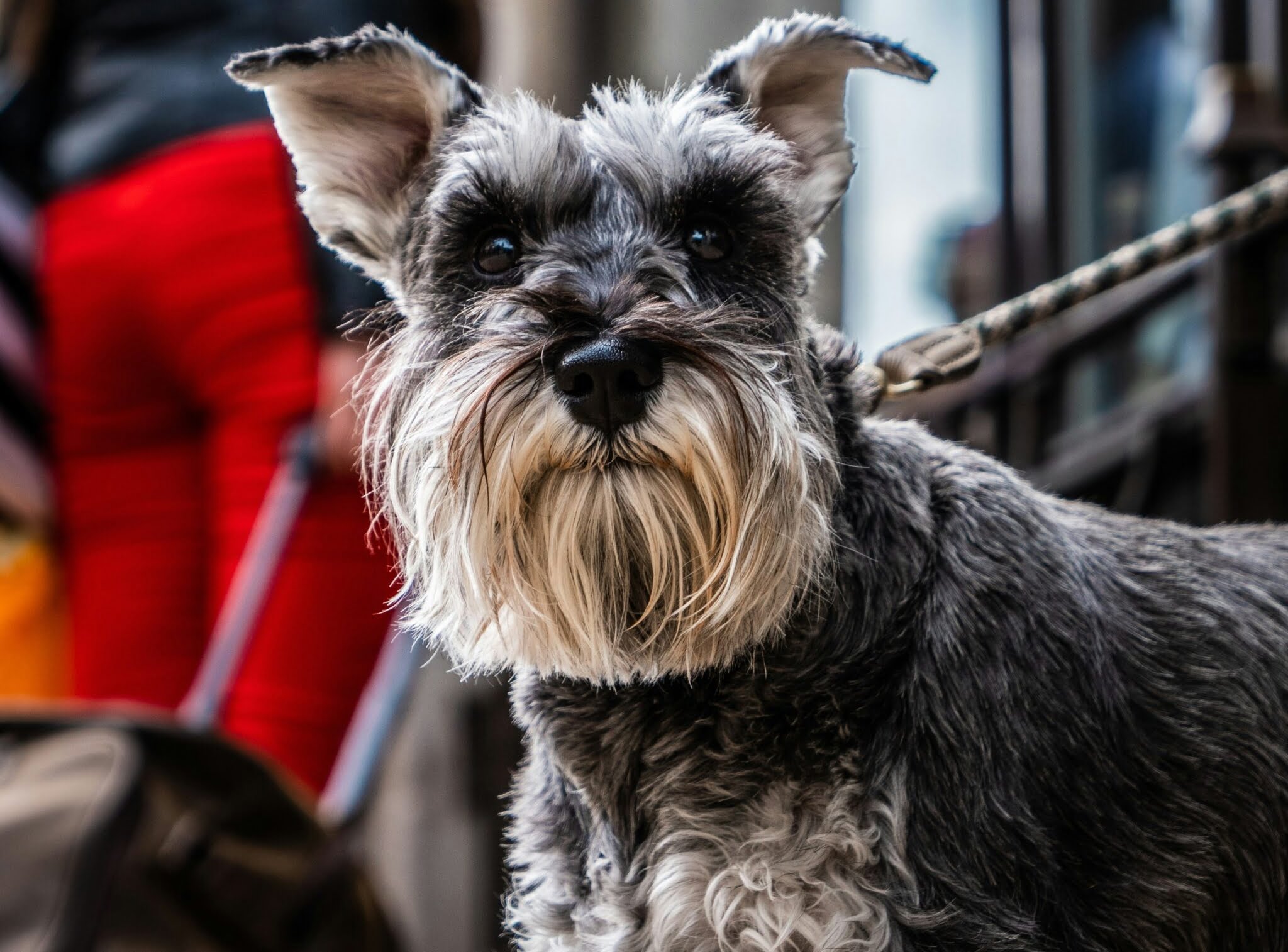Are you considering adding a furry friend to your family? Choosing the right dog breed for your lifestyle is a crucial decision that requires careful thought and consideration. With so many breeds to choose from, it’s important to find a dog that not only fits your preferences but also aligns with your daily routine, activity level, and living situation. In this comprehensive guide, we will explore the key factors to consider when selecting the perfect dog breed for your lifestyle.
Factors to Consider When Choosing a Dog Breed

1. Size Matters
The size of the dog is an essential factor to consider when choosing a breed. Whether you live in a spacious house or a small apartment, the size of your living space will determine the suitability of certain breeds. If you have limited space, smaller breeds like Chihuahuas or Toy Poodles may be a better fit. On the other hand, if you have a large backyard and an active lifestyle, larger breeds such as Golden Retrievers or Labrador Retrievers may be more suitable.
2. Energy and Activity Level
The energy and activity level of a dog breed should match your lifestyle. If you lead an active lifestyle and enjoy outdoor activities such as hiking or running, a high-energy breed like a Border Collie or a Labrador Retriever may be a great companion. However, if you prefer a more laid-back lifestyle, breeds like Basset Hounds or French Bulldogs, which have lower energy levels, might be a better fit.
3. Temperament and Personality
Every dog breed has its temperament and personality traits. Some breeds are known for their friendly and outgoing nature, while others are more reserved or protective. It’s important to choose a breed with a temperament that aligns with your family’s dynamics and lifestyle. If you have young children, a breed known for its calm and gentle nature, such as a Golden Retriever or a Labrador Retriever, may be the perfect fit.
4. Allergies
If you or a family member has allergies, it’s crucial to choose a breed that is hypoallergenic or produces less dander. Breeds such as Poodles, Schnauzers, and Bichon Frises are known for being hypoallergenic and are less likely to trigger allergic reactions. However, it’s essential to spend time with the specific breed you’re considering to ensure that no allergies are triggered.
5. Age Considerations
The age of the dog is another factor to consider. Puppies require more time, attention, and training compared to adult or senior dogs. If you have the time and patience to invest in training and socialization, a puppy may be a great choice. However, if you prefer a dog that is already trained and has a calmer demeanor, an adult or senior dog may be a better fit.
6. Budget
Owning a dog comes with financial responsibilities. It’s crucial to consider the costs associated with owning a particular breed before making a decision. Purebred dogs often come with a higher price tag compared to mixed breeds. Additionally, certain breeds may require more grooming, specialized diets, or regular vet visits, which can add to the overall cost of ownership. It’s important to research the specific needs of the breed you’re interested in to ensure it fits within your budget.
7. Adoption Options
Consider adopting a dog from a shelter or rescue organization. Adopting a dog not only gives a loving home to a deserving animal but also often costs less than buying from a breeder. Shelters and rescue organizations have a wide variety of breeds and mixed breeds available for adoption, allowing you to find the perfect match for your family.
8. Research and Education
Thorough research and education are imperative when selecting a dog breed. Take the time to learn about the breed’s characteristics, exercise needs, grooming requirements, and any potential health issues common to the breed. Understanding the breed’s traits will help you make an informed decision and ensure that you can provide the necessary care and attention for your new furry companion.
Popular Dog Breeds for Different Lifestyles
Now that we’ve discussed the key factors to consider when choosing a dog breed, let’s explore some popular breeds that are well-suited for various lifestyles:

Active Lifestyles
If you lead an active lifestyle and enjoy outdoor activities, consider breeds such as:
- Labrador Retriever: Known for their friendly nature and high energy levels, Labrador Retrievers make excellent companions for active individuals or families.
- Border Collie: Highly intelligent and energetic, Border Collies excel in activities like agility and obedience training. They require plenty of mental and physical stimulation.
- Australian Shepherd: Bred for herding, Australian Shepherds are intelligent and active dogs that thrive in environments where they have a job to do.
Families with Children
For families with children, it’s important to choose a breed that is gentle, patient, and good with kids. Some suitable breeds include:
- Golden Retriever: Known for their friendly and tolerant nature, Golden Retrievers are great family dogs. They are patient with children and get along well with other pets.
- Beagle: Beagles are friendly, loyal, and good-natured dogs. They have a playful personality and are known for their love of children.
- Cavalier King Charles Spaniel: These small and gentle dogs are affectionate and great with children. They enjoy being part of a family and are easy to train.
Seniors or Less Active Lifestyles
For seniors or individuals with a more laid-back lifestyle, breeds that are less active and require less exercise may be a better fit. Consider breeds such as:
- Bichon Frise: Bichon Frises are small, affectionate dogs that are well-suited for apartment living. They require regular grooming but have a low exercise requirement.
- Shih Tzu: Shih Tzus are known for their friendly and outgoing nature. They are great companions for seniors and individuals who prefer a less active lifestyle.
- Cavalier King Charles Spaniel: With their gentle and affectionate nature, Cavalier King Charles Spaniels make great companions for seniors. They are happy with moderate exercise and enjoy spending time with their owners.
Allergy-Friendly Breeds
For individuals with allergies, hypoallergenic breeds that produce less dander are a suitable option. Some hypoallergenic breeds include:
- Poodle: Poodles are highly intelligent and come in various sizes. They have a hypoallergenic coat that sheds minimally, making them a great choice for allergy sufferers.
- Maltese: Maltese dogs have a long, silky coat that doesn’t shed much. They are hypoallergenic and known for their friendly and playful nature.
- Portuguese Water Dog: These medium-sized dogs have a hypoallergenic coat that requires regular grooming. They are intelligent and make excellent family pets.
Remember, these are just a few examples of popular breeds for different lifestyles. It’s essential to research each breed thoroughly and spend time with individual dogs to ensure a good fit for your family.
Conclusion
Choosing the perfect dog breed for your lifestyle requires careful consideration of various factors, including size, energy level, temperament, allergies, age, budget, and adoption options. By taking the time to research and understand the needs and characteristics of different breeds, you can make an informed decision and find the ideal furry companion for your family. Remember, dogs bring joy, love, and companionship to our lives, so choose wisely and enjoy the journey of welcoming a new four-legged family member into your home.
You can find more information about the differences, advantages and disadvantages, characteristics, etc., among different dog breeds in our next article.

